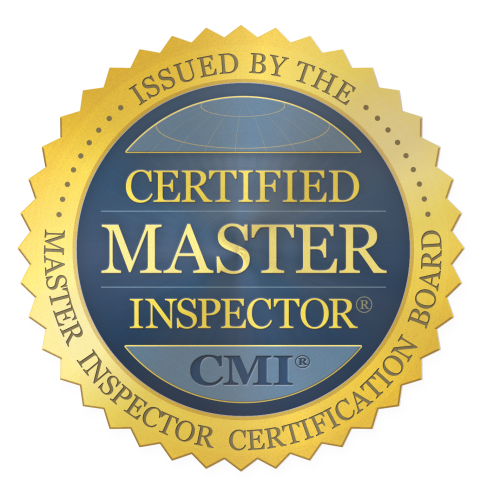Web-based Washington Post Article On Basement Humidity
Thursday, October 29, 2009
Q: We had our basement finished about 20 years ago. I wonder if it has sufficient ventilation. It has only four vents, none in the unfinished part, compared with 12 on the main floor. Mildew has appeared on some items in the basement, and when I work at the computer in an office on an inside wall, I often sweat. I don't know whom to consult. HVAC companies seem to work with heating, air conditioning and plumbing, and ventilation people seem to clean ducts.
Springfield
A: Your problem might stem from the design of your heating and air-conditioning system, or it could be related to the way air and moisture typically rise through houses.
Jay Markanich, who runs a home inspection company in Northern Virginia (703-585-7560, http://www.jaymarinspect.com), says he often has seen situations where several air outlets, but no return vents, were installed when a basement was finished. That brings in heat but doesn't exhaust the stale air, which might be why you sweat. Check by feeling which way the air blows when the system is on, or call a home inspector, who can check this and many other possible causes of your problem for $300 to $500. To find a good inspector, ask a few real estate salespeople in your area whom they recommend to buyers (not sellers).
If your problem isn't caused by something specific, such as the lack of return vents, your basement air might be too moist because of water vapor passing through concrete or concrete-block basement walls. A 40-pint dehumidifier might be enough to counteract this, says Charles B. Bowles, a building scientist who helped solve problems similar to yours in hundreds of homes before becoming technical director of the EarthCraft Virginia green building program. Home centers sell small dehumidifiers for less than $200, though Energy Star models, which run more efficiently, can cost about $400.
Bigger-capacity dehumidifiers are available, but they take a lot of energy to run. So if a small model isn't enough, Bowles suggests that you consider a different approach rather than upgrade to a bigger model.
Assuming liquid water isn't getting in, your basement air may be moist because of the way cool air tends to seep in through gaps low in a house and flow out through gaps higher up. This "chimney effect" makes the air pressure lower in the basement than in upstairs rooms. If you equalize the pressure, the airflow will stop, and with that, the movement of water vapor (a gas) also will stop. A small fan set up so it blows upstairs air into the basement should do the trick. Two EarthCraft contractors in your area who can determine whether this would help and recommend the most cost-effective approach are Conway Construction in Falls Church (540-818-2437) and GreenSource Raters in Fredericksburg (540-903-6800).
Bowles suggests that you buy a digital hygrometer (about $25 at RadioShack and similar stores) to monitor progress as you make improvements. The ideal relative humidity indoors is 40 to 45 percent. Mildew flourishes above 60 percent, so if you can get the basement air to just under that, it might be good enough.
-- Jeanne Huber
Have a problem in your home? Send questions to localliving@washpost.com. Please put "How To" in the subject line and tell us where you live.

Comments
Post new comment